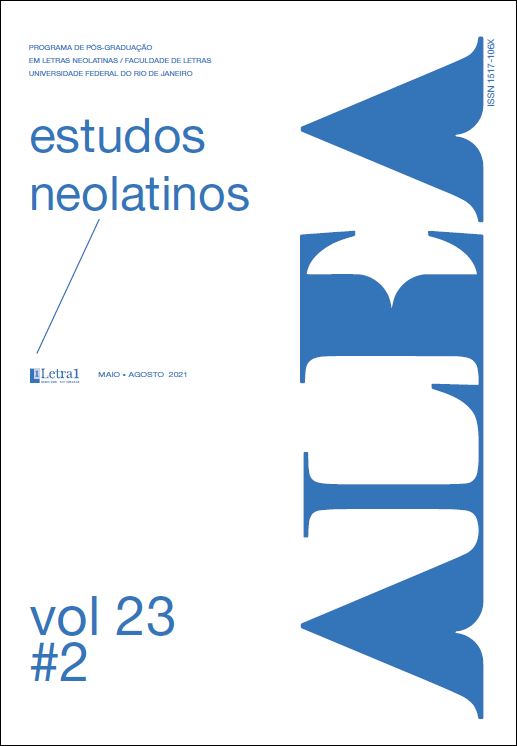Assinatura, rasura, poesura: deserrata para Augusto de Campos
DOI:
https://doi.org/10.1590/1517-106X/2021232288311Abstract
A escolha de uma “língua morta” e a grafia idiossincrática na própria língua materna, sobrescrita à imagem de duas figuras indeterminadas (algo e alguém), tornam o título grego (οὔτις) e o texto em português (NINGUÉM) “ilegíveis” num primeiro momento, propondo o poema como uma espécie de trobar clus, uma obra “escura” ou “fechada” (oclusa), como sugerem as sombras ao fundo. No entanto, o poema é quase translúcido: oútis significa “nada” e “ninguém”, literalmente traduzidos no texto e na fotografia, de forma indicial (Peirce) e constatativa (Austin). Como se explica essa contradição performativa? Em que sentido esse texto estranho será chamado (ou não) de “literatura”? O que esse poema pode nos dizer sobre a poética de Augusto de Campos de um modo geral?
Downloads
Published
Issue
Section
License
THE AUTHOR/S confirm/s his, her or their participation in all stages of work preparation: 1) Conception, project, bibliographical research, analysis and interpretation of data; 2) Writing and reviewing the manuscript; 3) Approval of the final version of the manuscript for publication; 4) Responsibility for all aspects of the work and guarantee for the accuracy and integrity of any part of the work. The submission of works implies the immediate cession, without onus, by all authors, of publication rights to the journal Alea, licensed under CC BY (https://creativecommons.org/licenses/by/4.0/). The authors are fully responsible for the content of the article and continue to hold all copyrights for subsequent publications of it, and should, if possible, include the reference to the first publication in the journal. Alea does not commit to returning received contributions. Authors of articles, reviews or translations will receive a copy of the journal.

